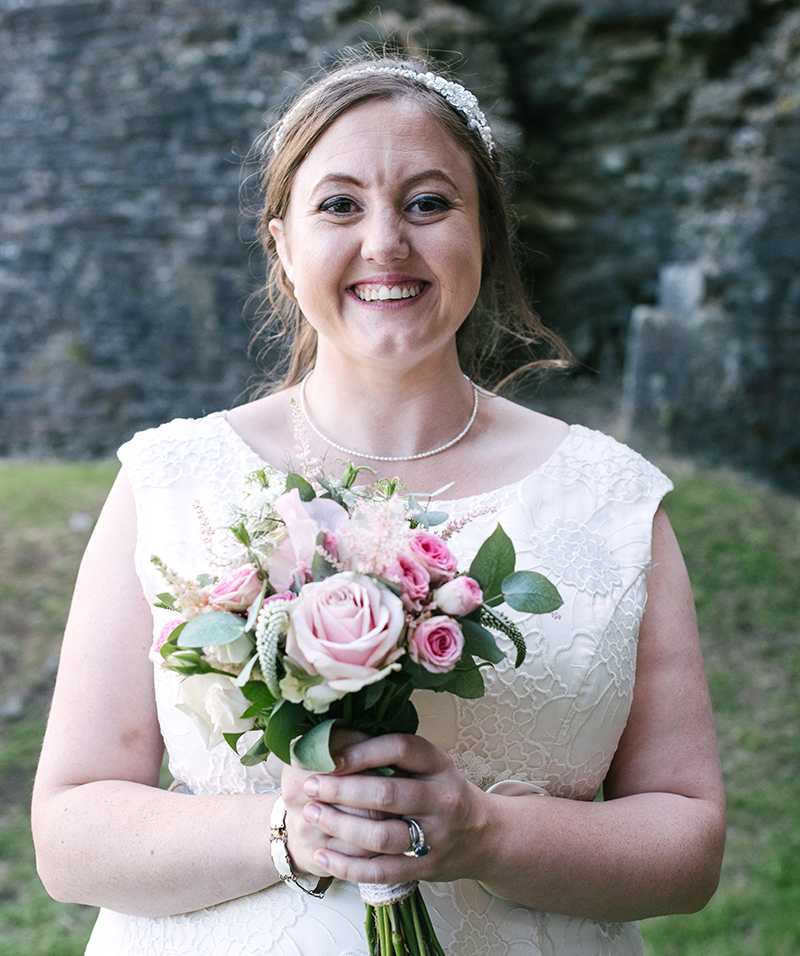Posted September 14th 2017
Jayne began experiencing mental ill health from an early age when she started to make herself sick.
“I was bulimic on and off from the age of eight. I thought I was fat, nobody liked me and I felt like I had little control over my life. That’s a lot of existential crisis for a child to burden themselves with but mental health problems often start very, very early on.”
Eating disorders – anorexia nervosa, bulimia nervosa and binge eating – are serious mental illnesses and affect around 1.6 million people in the UK. The condition can affect anyone at any time, but girls and young women aged 12-20 are most at risk, with boys and men making up 15-20% of cases.
“I made myself sick, on average, two to three times a week, every week, until I was 18. At 18 I was violently assaulted, I stopped eating and then tried to kill myself by taking an overdose.”
At the age of 21, after a series of crises during her undergraduate degree Jayne was diagnosed with bipolar disorder.
Bipolar disorder, sometimes known as manic depression, is a severe mental health illness characterised by significant mood swings including manic highs and depressive lows.
The majority of individuals with bipolar experience alternating episodes of mania and depression. Recent research suggests as many as 5% of the population is on the bipolar spectrum.
Living with bipolar
“I’m not going to lie, life has often been a struggle. Despite all of this I’m a healthy 33-year-old newlywed. I love life, I have great friends and family and the most amazing husband anyone could wish for. I am to all intents and purposes pretty normal. I embrace life and work, and all the opportunities I can.
“I’m able to do this because of the amazing support I’ve had over the years. And some seriously kick-ass pills. Don’t get me wrong, medication isn’t for everyone but for me it works and helps me live a stable, ordinary life.
“I’ve learned to make time for myself; maintaining that balance between work and life is really important to me. I like to garden and enjoy powerlifting.”

Getting involved in research
Jayne first came across the NCMH in her late 20s while watching a documentary in which Stephen Fry visited Cardiff University to learn more about bipolar disorder.
She recalled, “I was intrigued. A friend of mine, who is a neuroscientist, told me that NCMH was looking for people like me to take part in their study. Eager to learn more, I turned to Google to find more information on the project. I was impressed with the work of the Centre and decided to get involved.
“I’m keen for there to be a better understanding of conditions like bipolar, and volunteering for research seemed like a great way for me do my bit. The process was really easy – I met with a lovely researcher and we went through a simple survey, it only took around 20 minutes or so.
“The only part I was a little apprehensive about was giving a blood sample – I’m not the biggest fan of needles! It turned out to be completely painless, and the researcher really put me at ease.
“I highly recommend that everyone get involved. It’s open to all ages and whether you have a history of mental health problems or not. It’s a great experience and knowing that you’re helping forward understanding of mental ill health is a fantastic feeling. The more people that take part, the more scientists can learn.
“The research that these guys do can directly help people like me in the future; who knows one day they may even find a cure for my head gremlins. Wouldn’t that be fantastic! And that’s why I keep volunteering. If I can help prevent someone else going through what I did as a child and young person I really want to do that.”
If you would like to help with our research, you can take part online.
Support
If you are experiencing any of the problems mentioned in this blog, here are some organisations that can help:
Sign up now and receive new blog posts to your inbox.
